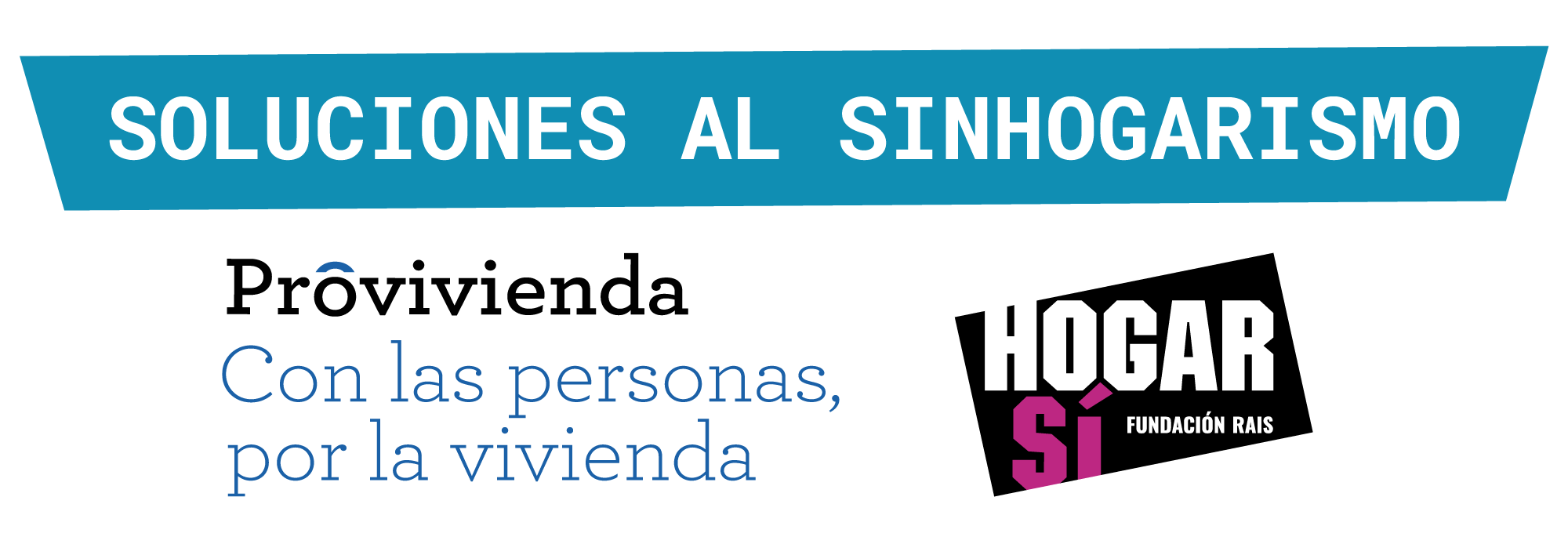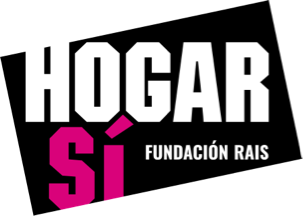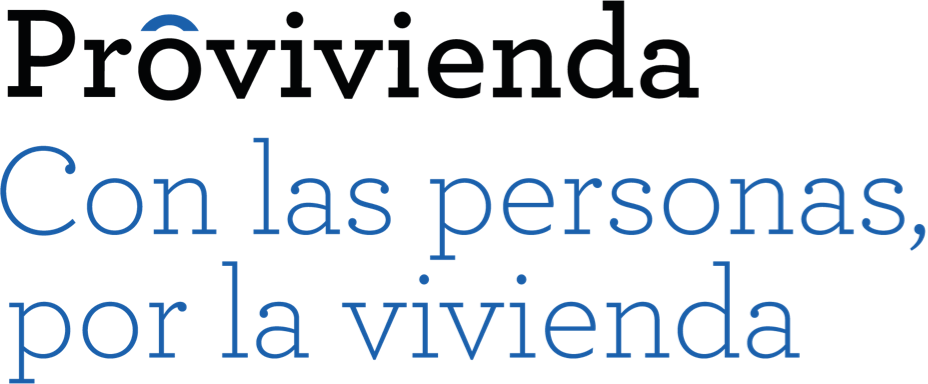Housing rights
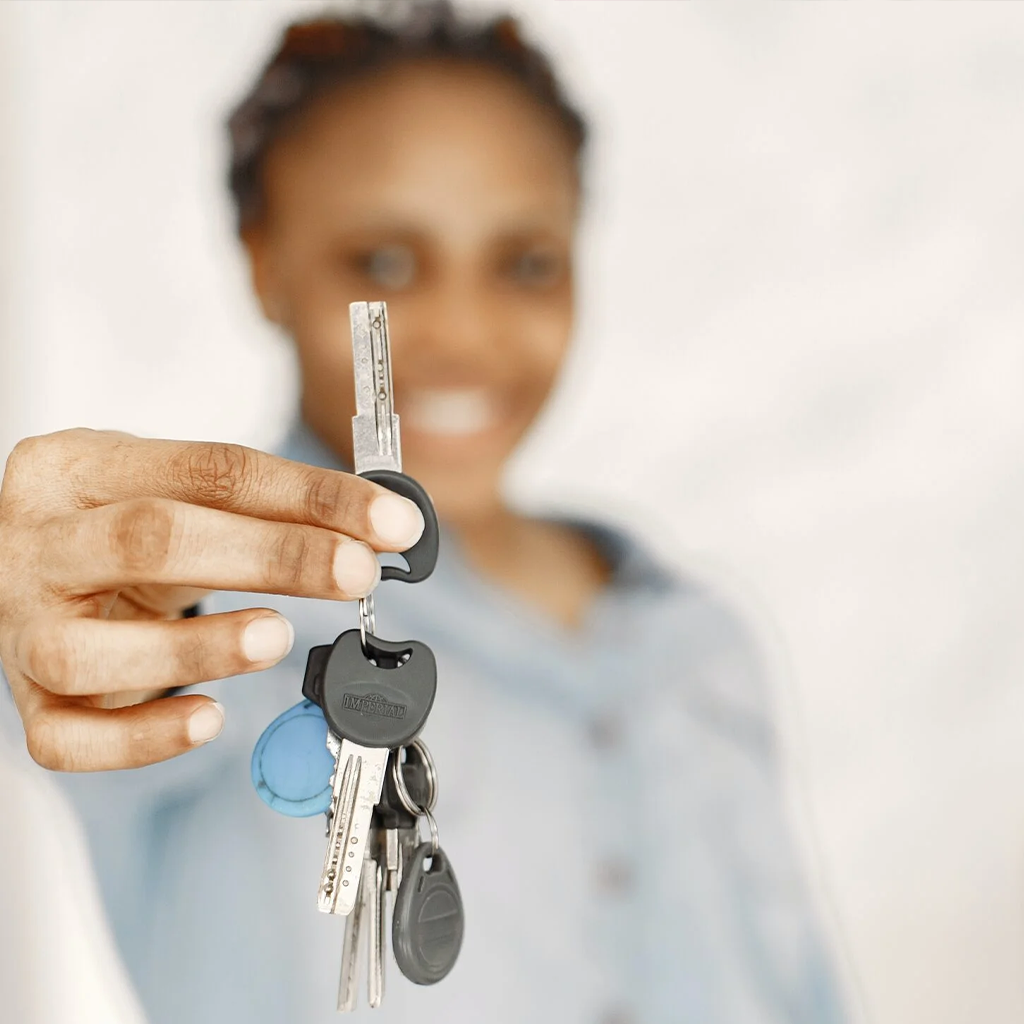
Project objectives
Design and implement a deinstitutionalization model aimed at transforming the homelessness care system, which is transferable and scalable.
Strengthen the competencies of public administrations related to the care of homeless people.
Evaluate the effectiveness, efficiency and adequacy of the model's processes.
From shelter to housing
At the end of 2021, the users of the Centro Abierto Municipal para Personas Sin Hogar 'Catalina Labouré', better known as Centro de Pozas due to its location in this central street of Madrid, were informed that this shelter was going to be closed .
This is how the work of HOGAR SÍ and Provivienda began, in coordination with the Madrid City Council, to provide a housing-based solution to some of the people who were going to be left without assistance with the closure of the Pozas center, and which marked the start of the innovation project for homelessness care Housing Rights.
What is deinstitutionalization?
At HOGAR SÍ and Provivienda we seek innovative deinstitutionalizing solutions.
Deinstitutionalization means moving from a model of care based on institutional care to a model of community and personalized care, where people can choose where to live, and do so integrated into their community.
We want to promote changes in the traditional response system to the problem of homelessness:
- Adequate and stable housing
- Personal choice
- Community support
Where
it is developed
"I feel good."
Eva, who had to flee her country because of her sexual orientation, arrived in Spain without a place to call home.
Now, she participates in Housing Rights and has been able to access safe housing and other supports.
International Committee
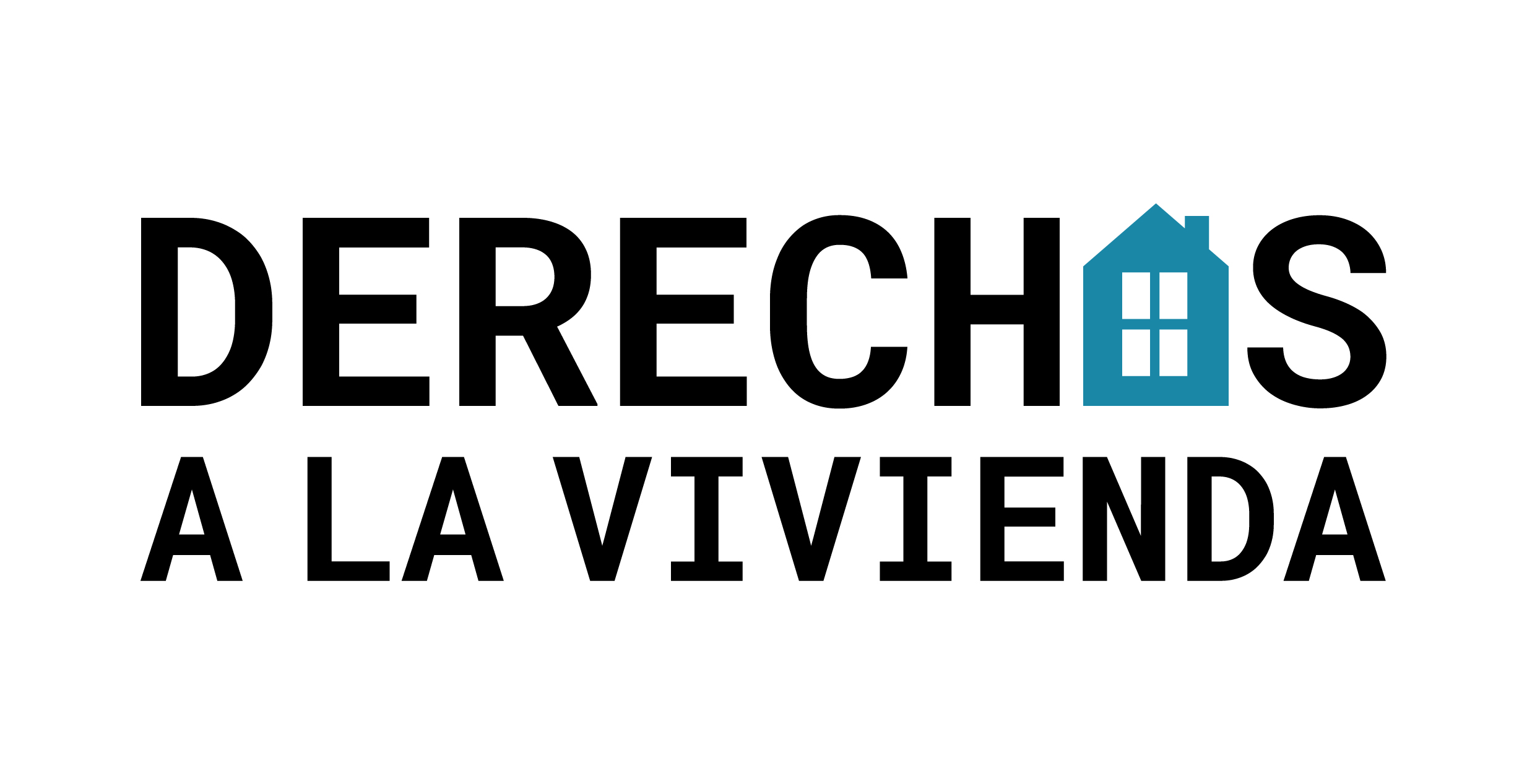
"I have more freedom now."
César participates in Derechos a la vivienda - Oldies, a pilot project in Spain that seeks to deinstitutionalize homelessness in people over 65 years old..
The idea is to prevent homelessness from becoming chronic in the foster care system.
"I believe in myself, I know I'm going to make it."
Thanks to Housing Rights, she has been able to access safe housing and other support that has allowed her to build a future for herself.
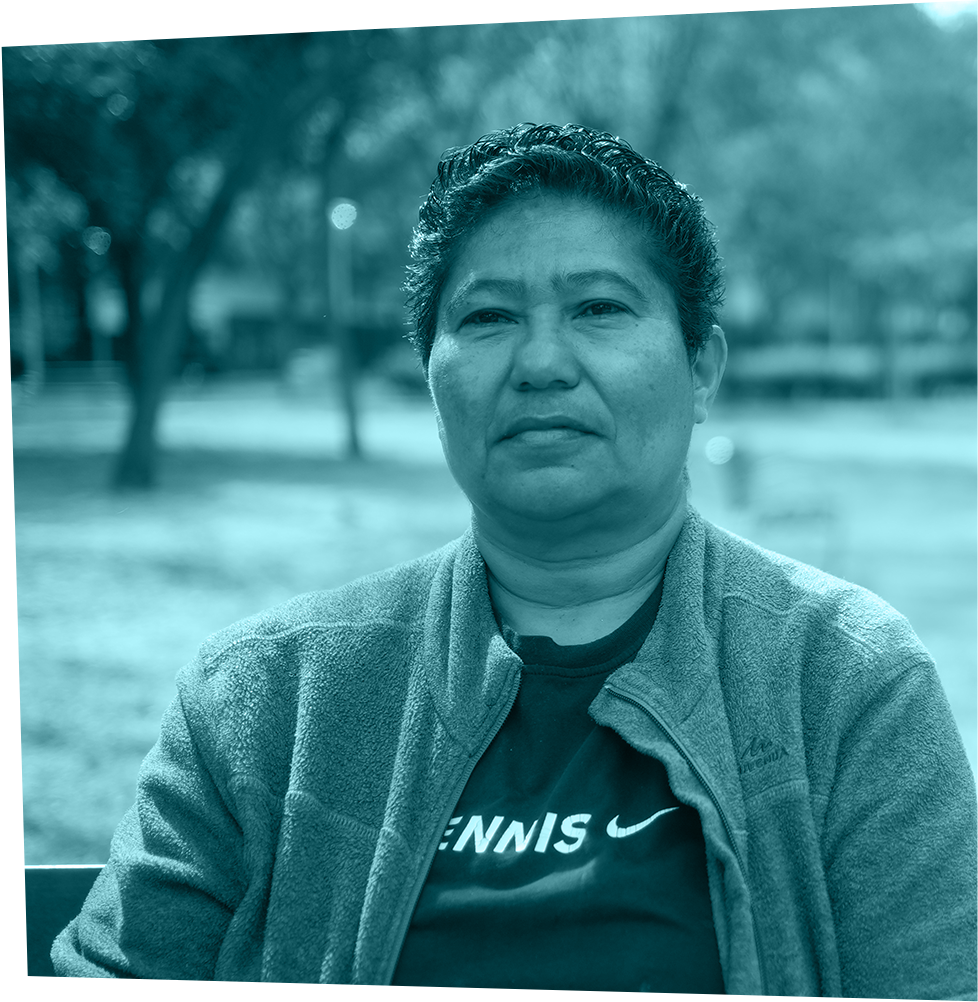

"I believe in myself, I know I'm going to make it."
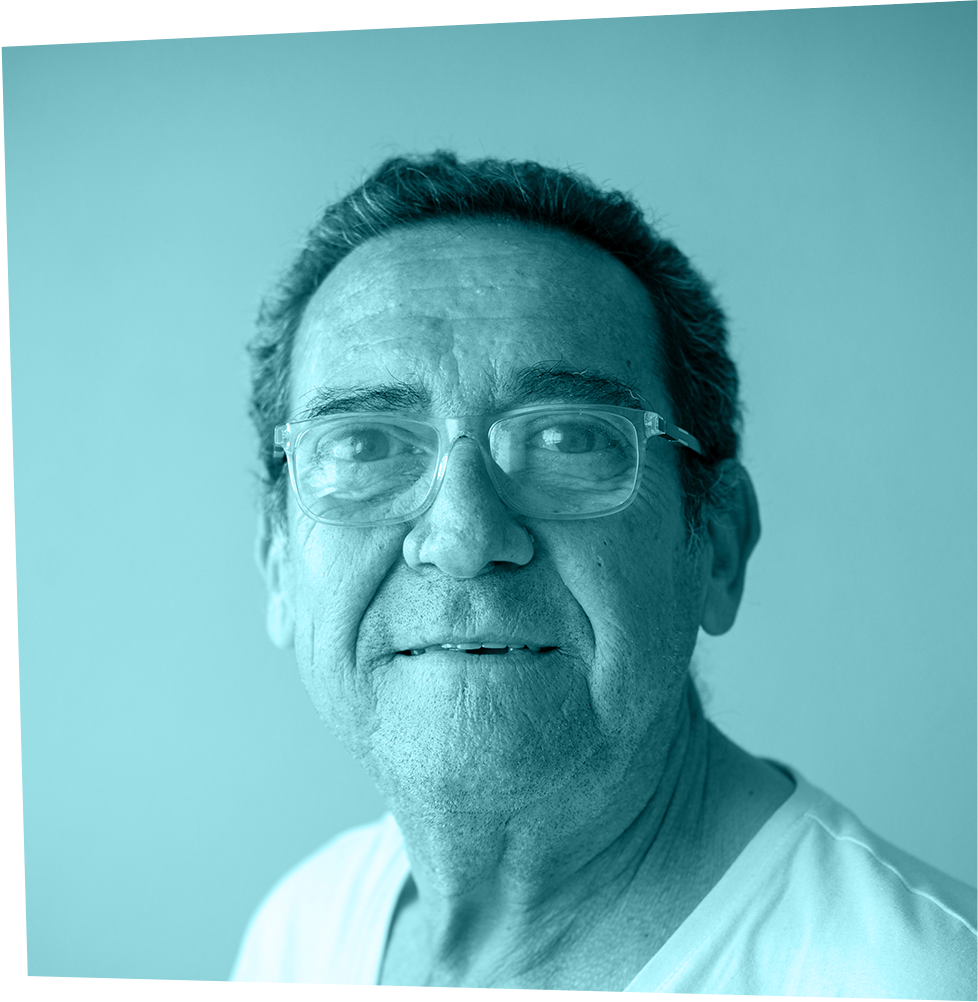
"It's been a long time since I've had my house keys in my pocket."
Housing gives people like Adonis, who require constant medical care, the opportunity to lay the groundwork for autonomy.

"It's been a long time since I've had my house keys in my pocket."
"This opportunity is not every day."
From home, she wants to get training and employment to get her life back on track.
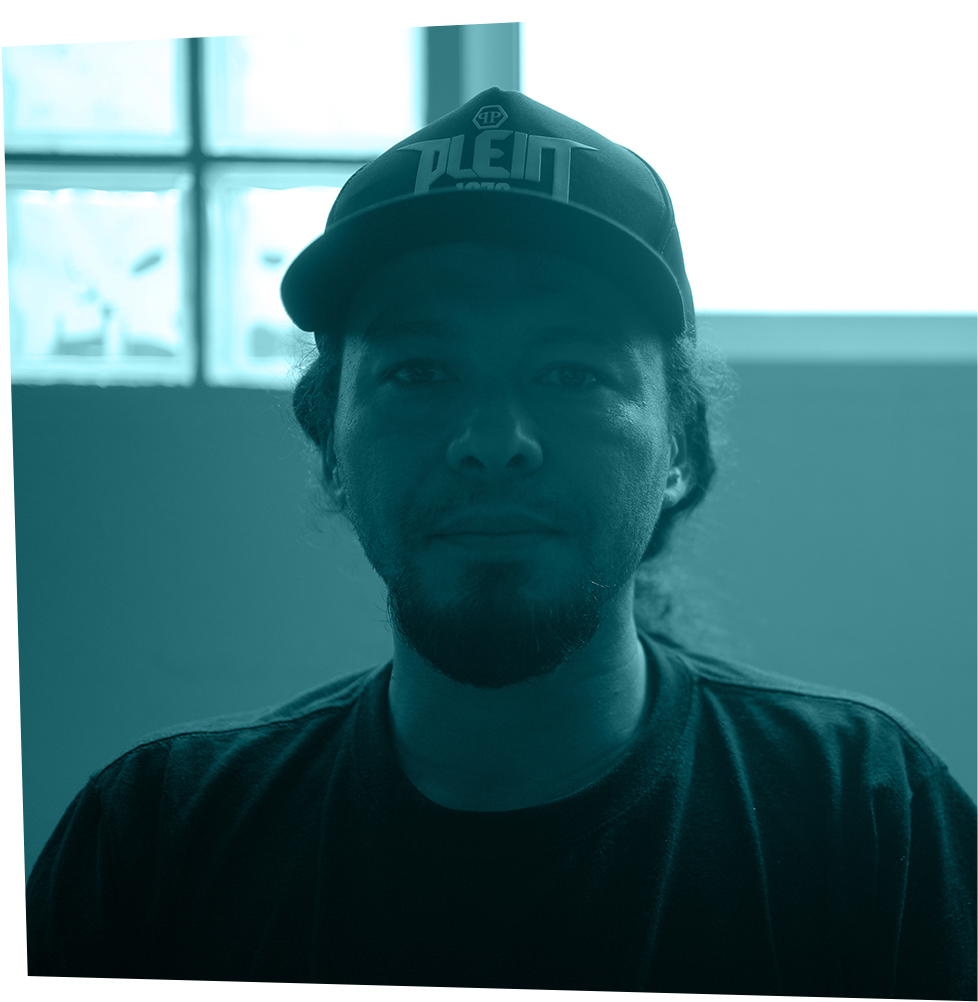

"This opportunity is not every day."
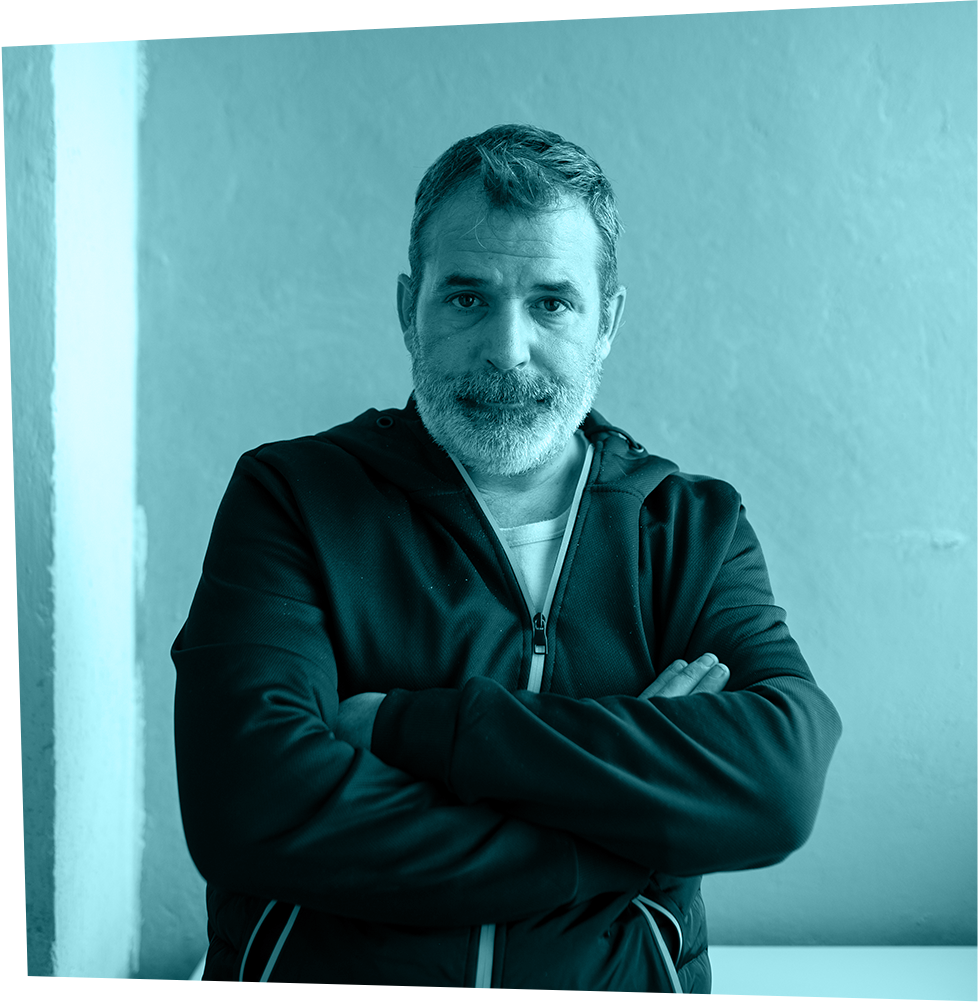
"To recover, to be calm, to rest..."
The home and the professionalized accompaniment allow for the necessary recovery and autonomy.

"To recover, to be calm, to rest..."
"The truth is that there is a future."
After a long journey through Spain, Mohamed is developing his own life plan, networking and looking for a profession that motivates him.


"The truth is that there is a future."
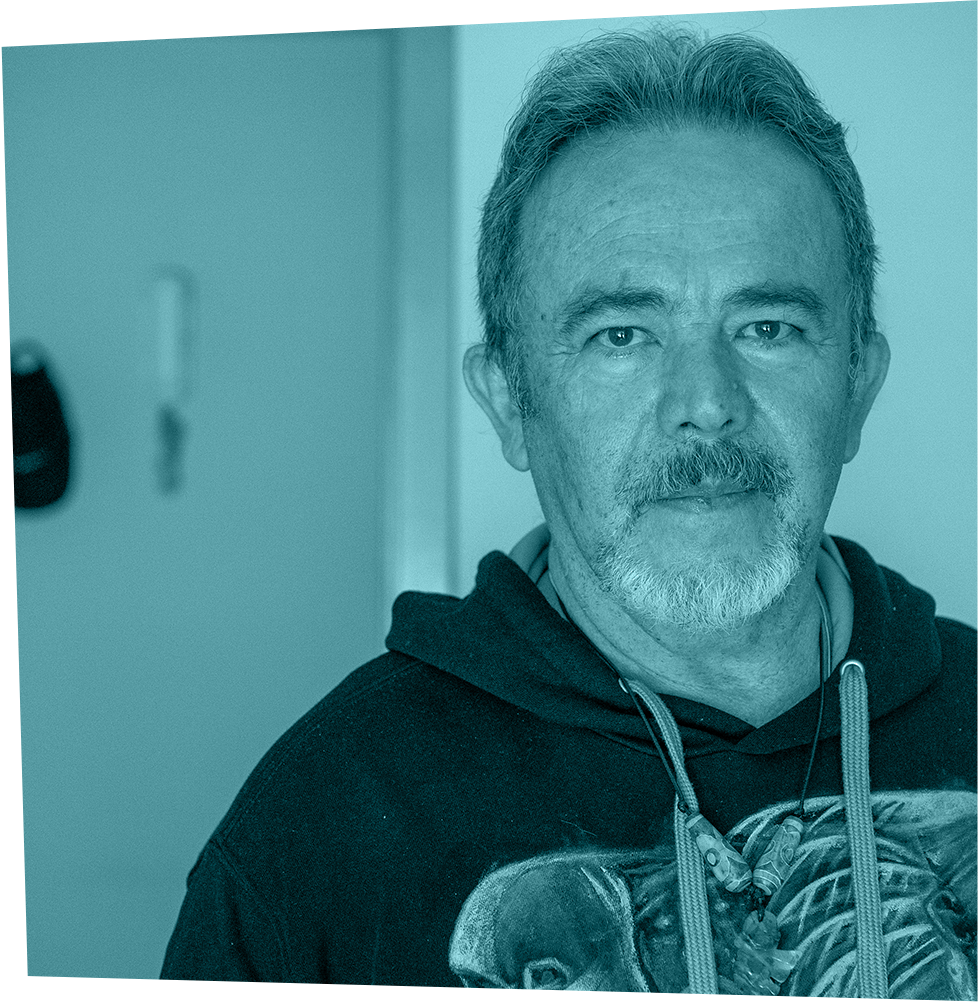
"I feel like I've started living again."
With this project we intend to generate models for the promotion of autonomy and the development of life projects chosen in community for people in a situation of homelessness.

"I feel like I've started living again."
"I'd rather be in a house than in a shelter. It's better for my treatment."
The effects of living without the safety and security of a home have devastating effects on people's health. A response is urgently needed.
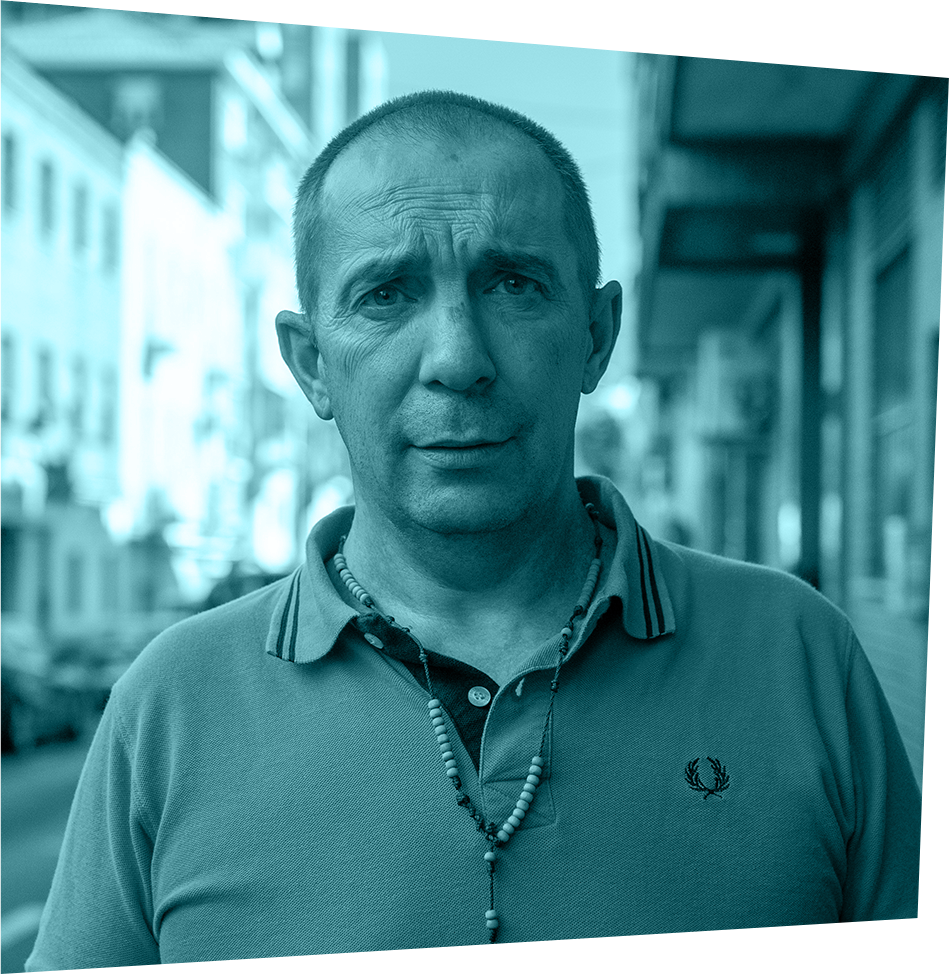

"I'd rather be in a house than in a shelter. It's better for my treatment."
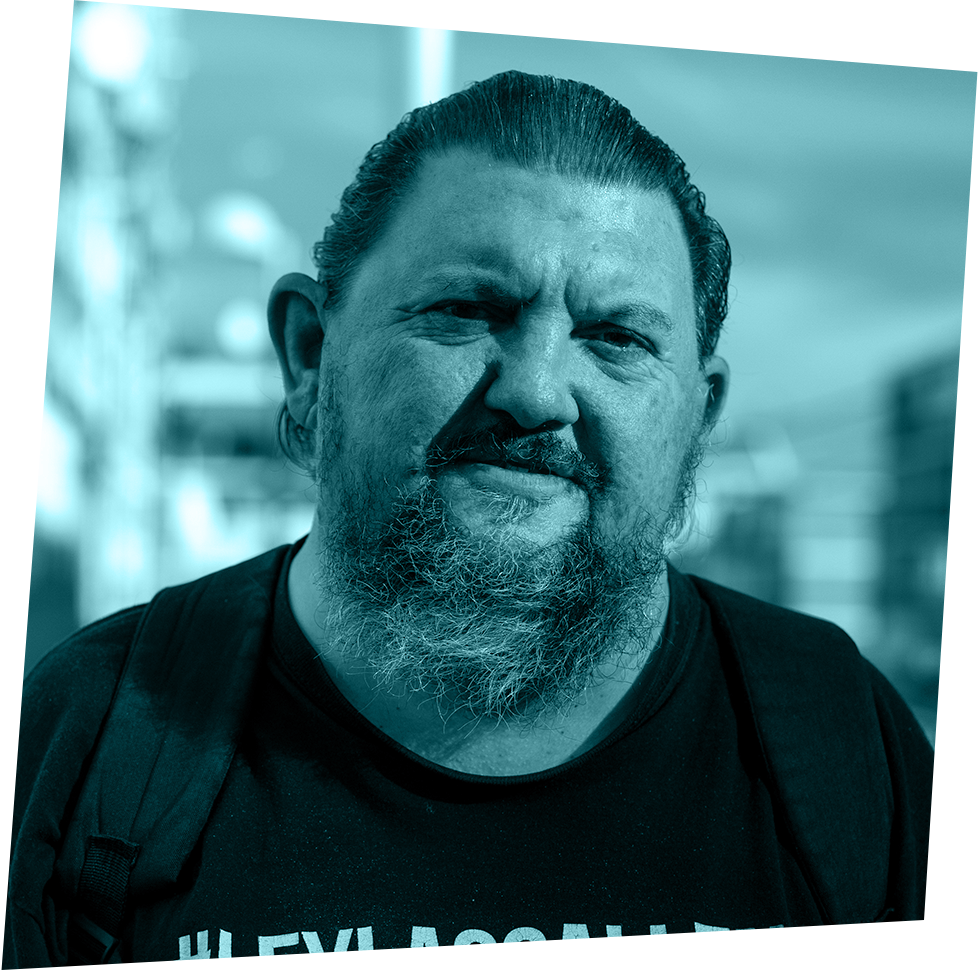
"Microwave, TV, your warm bed. It's been a radical change."
At HOGAR SÍ and Provivienda we promote the transition from the current collective housing model to models based on housing in community environments.

"Microwave, TV, your warm bed. It's been a radical change."
discover
more stories >>

The Next Generation EU
They are part of the European Recovery Plan that will help address the economic and social damage caused by the pandemic.
This European aid represents an opportunity and a challenge, since this modernization is not only economic but, even more importantly, social. In short, we are talking about European funds aimed at a greener, more digital, more egalitarian and socially and territorially cohesive future.
Until 2026, Spain will receive around €150billion of these funds, which will be distributed on the basis of four cross-cutting axes:
- Ecological Transition
- Digital Transition
- Territorial and social cohesion
- Gender equality.
These axes are projected in 30 components whose objective is to modernize the country.
